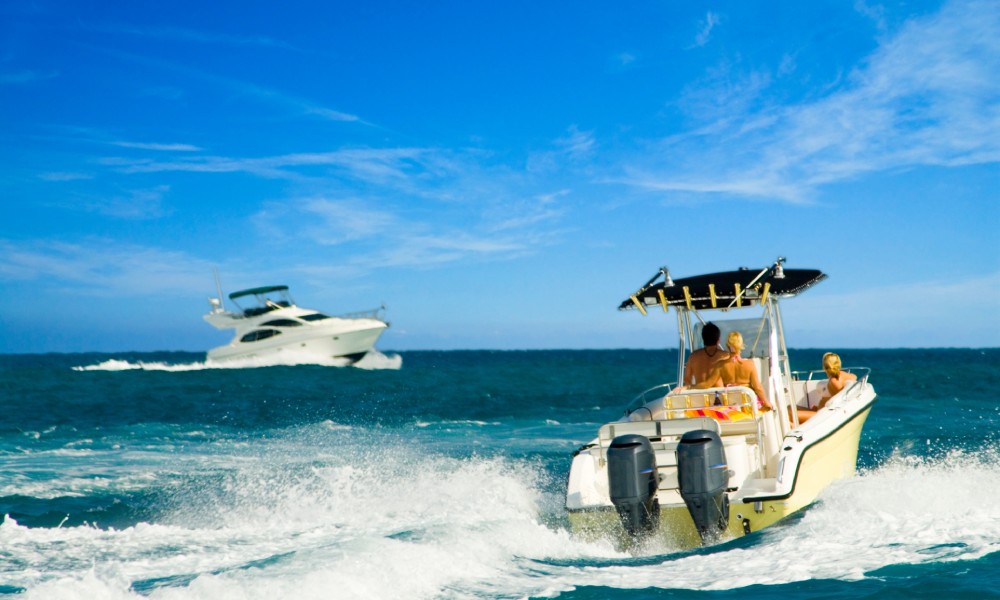Setting sail on a brisk morning, the last thing you want is for your perfect marine adventure to be cut short by a faltering battery. For boat owners who consider the open water their second home, managing battery life isn’t just a seasonal maintenance task; it’s a pillar of preparedness and safety. In this post, we’ll explore how understanding your vessel’s battery system and adhering to the best charging and maintenance practices can keep you afloat for the long haul. Read on to learn best practices for your boat’s battery life.
Understanding Your Marine Batteries
Before you can preserve your boat’s battery life, it’s crucial to know what you’re dealing with. Marine batteries come in various types, from long-lasting deep-cycle batteries to quick and shallow-condition starting batteries. Understanding the distinctions is the first step in making informed choices for your vessel’s electrical needs.
Taking a closer look at factors that influence the battery’s longevity, we find that misuse, undercharging, and overcharging lead the charge in battery life depreciation. Watercraft on standby for long periods are also at a disadvantage. A lack of regular use can cause sulfation, where sulfate crystals build up on the lead plates and hinder energy production.
Prolonging Battery Life: Best Practices
For a boat battery that lasts multiple seasons, not just outings, maintenance best practices for boat owners are non-negotiable. These include regular visual inspections, cleaning connections with a wire brush to remove corrosion, and using a hydrometer to check the specific gravity of each cell to ensure the battery is operating at peak efficiency. When not in use, keeping your battery charged is as easy as using a trickle charger or a “smart charger” to prevent overcharging.
Managing power consumption is another defensive layer in the battle for battery life. Starting by minimizing electronic usage when not necessary and investing in LED lighting, which is much more energy-efficient than traditional bulbs. Simple steps like using manual pumps over electric ones and not cranking your engine’s stereo all the way up can add significant mileage to your battery’s life.
Upgrading Your Boat’s Battery System
When the time comes to confront the inevitable decay of your boat’s battery, knowing when to upgrade is key. If you find that your battery isn’t holding a charge as it should, it might be an indicator of failing cells, and there’s no better time to consider an upgrade. Everything you need to know to start a boating hobby involves understanding that a newer battery doesn’t just guarantee more power for longer. Still, it often comes with enhanced safety features like spark-proof designs and tilt sensors. These can sense when a battery is at risk of tipping over and shutting it down.
The investment in modern marine battery technology can seem steep, but the long-term benefits, such as faster charging times and longer life spans, speak for themselves. Not only does new technology offer more reliability, but it often integrates with smart systems on the vessel, providing data insights into energy usage and battery health, allowing for more precise management of your electrical systems. Keep these best practices for boat battery life in your back pocket to guarantee yourself a long, memorable season on the water.


